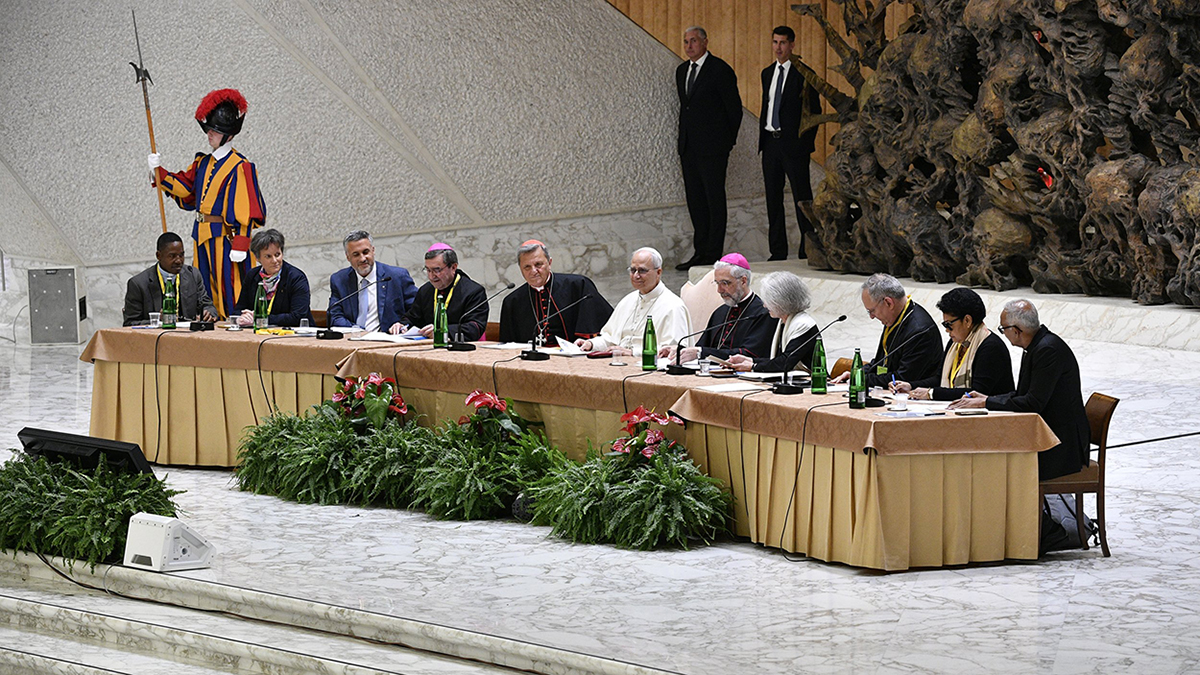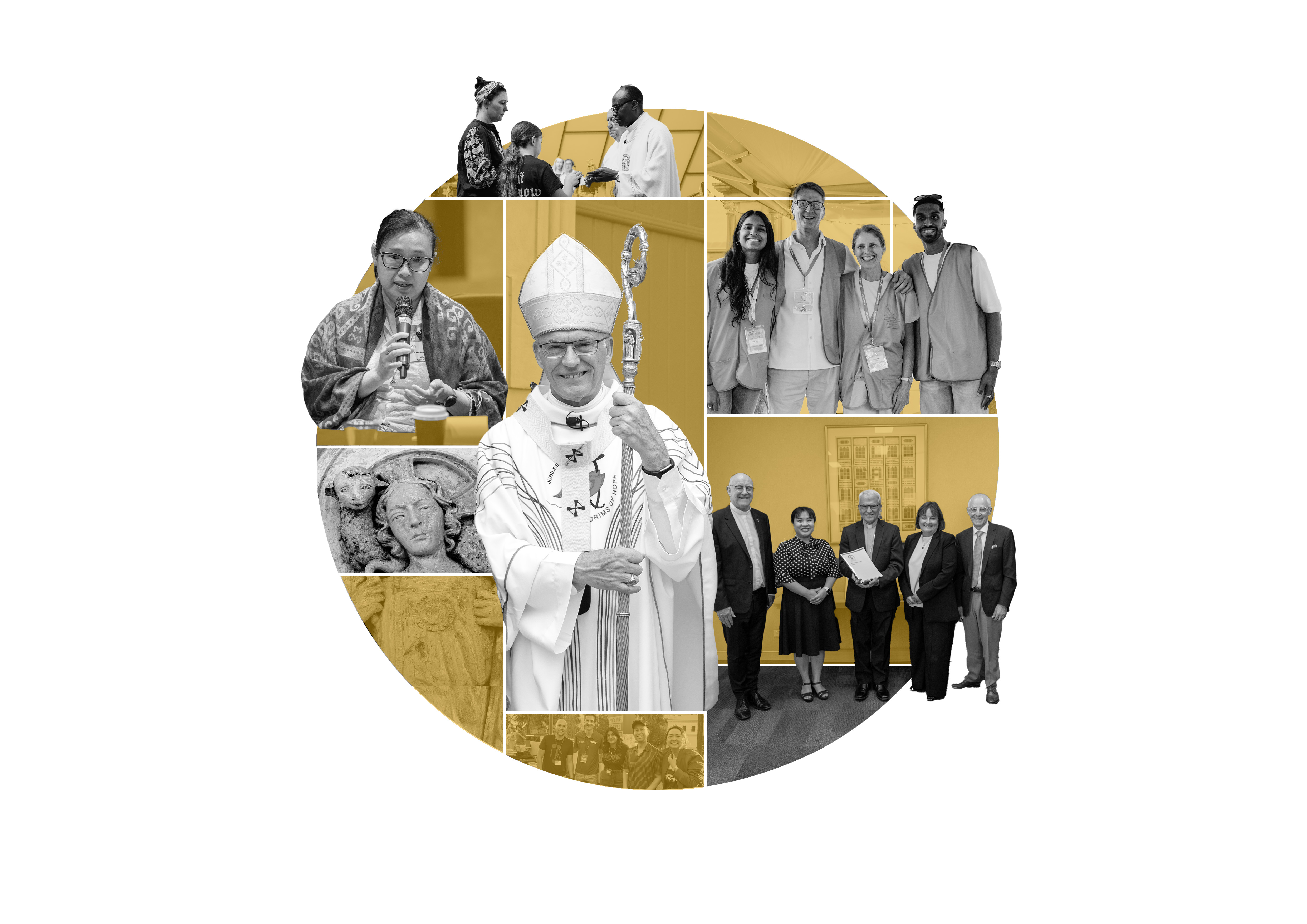Synodality Must Be Rooted in the Gospel

A new chapter in shared leadership: Diocesan Pastoral Council starts to take shape

Next phase of synod approved by Pope Francis, setting path to 2028 assembly
Cardinal Grech told bishops that Pope Francis approved the three-year plan on 11 March at Rome’s Gemelli hospital where he had been being treated since the 14 February.

SPECIAL FEATURE PART THREE: Francis the Bridge-builder: A Pope intent on reaching the peripheries
In part three of his three-part series about Pope Francis, Dr Marco Ceccarelli says that throughout his pontificate, Pope Francis identified the obstacles which pre-vent Christians from announcing the gospel: relativism, secularisation and de-Christianisation.

Bishops celebrate memorial Mass for Pope Francis
Australia’s Catholic bishops have celebrated a Mass in memory of the late Pope Francis during their May plenary. Apostolic Nuncio, Archbishop Charles Balvo, preached the homily and Australian Catholic Bishops Conference President, Archbishop Timothy Costelloe SDB celebrated the Mass, in the Mary MacKillop Memorial Chapel in North Sydney.

SPECIAL FEATURE PART TWO: Francis the Bridge-builder: A Pope intent on reaching the peripheries
In part two of his three-part series about Pope Francis, Dr Marco Ceccarelli says that throughout his pontificate, Pope Francis identified the obstacles which prevent Christians from announcing the gospel: relativism, secularisation and de-Christianisation.

Habemus Papam: Cardinals Elect New Pope Amid Historic Conclave in Sistine Chapel
On 7–8 May 2025, 133 cardinal electors convened in the Sistine Chapel for a historic conclave to elect the 267th pope. Following sacred rites and solemn prayers, black smoke on the first day signalled no decision, but by the second evening, white smoke and ringing bells announced: Habemus Papam — we have a pope.

SPECIAL REPORT: “A Gift of Love and Service”: Perth Archbishop Leads Local Tributes Following the Death of Pope Francis
Reflecting on Pope Francis’ historic election in 2013 as the first Jesuit, first Latin American, and first non-European pope in over a millennium, Perth Archbishop Timothy Costelloe SDB praised Pope Francis’ bold pastoral approach and deep personal witness.

Pope Francis looks back on his life, urges people to look to future with hope

